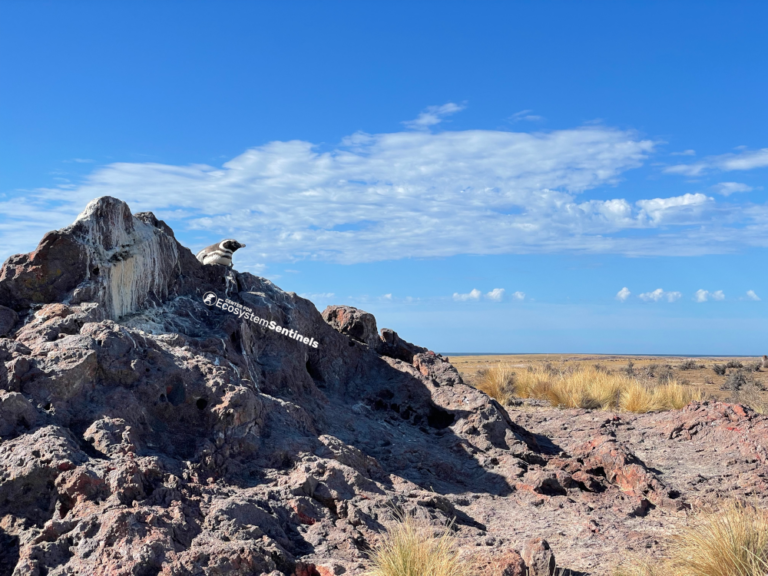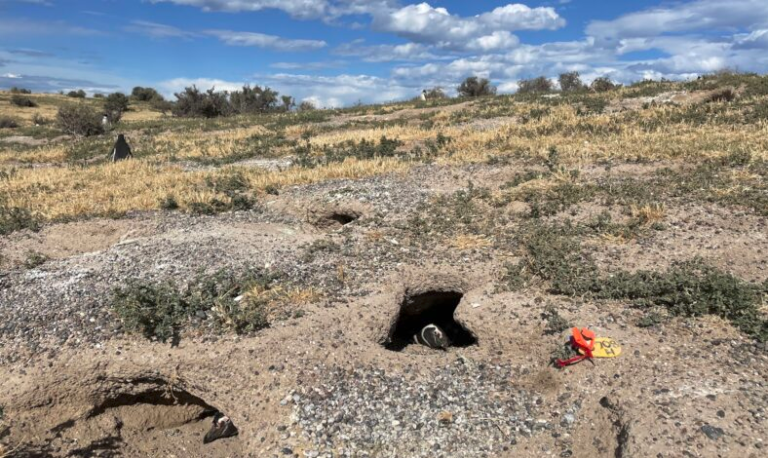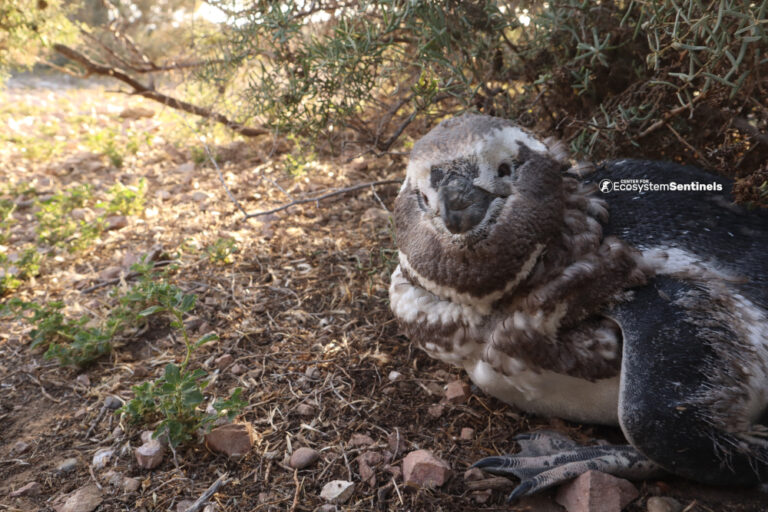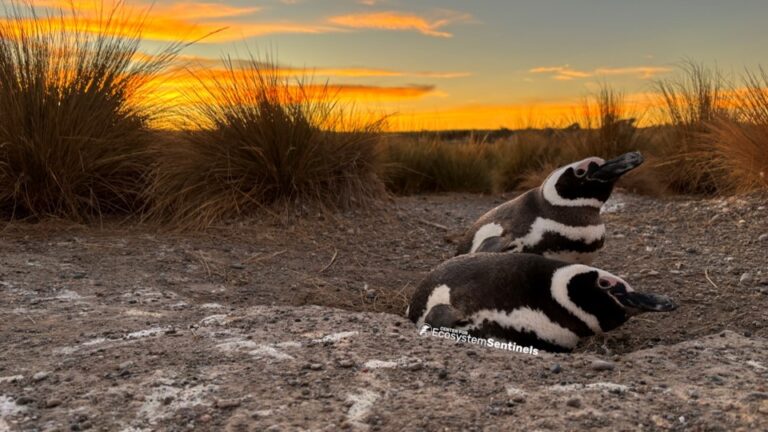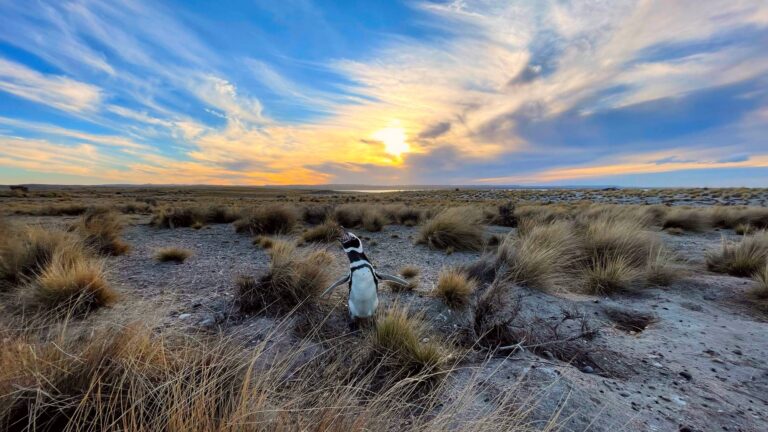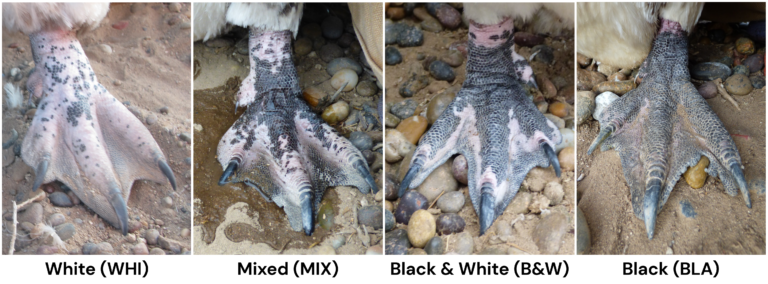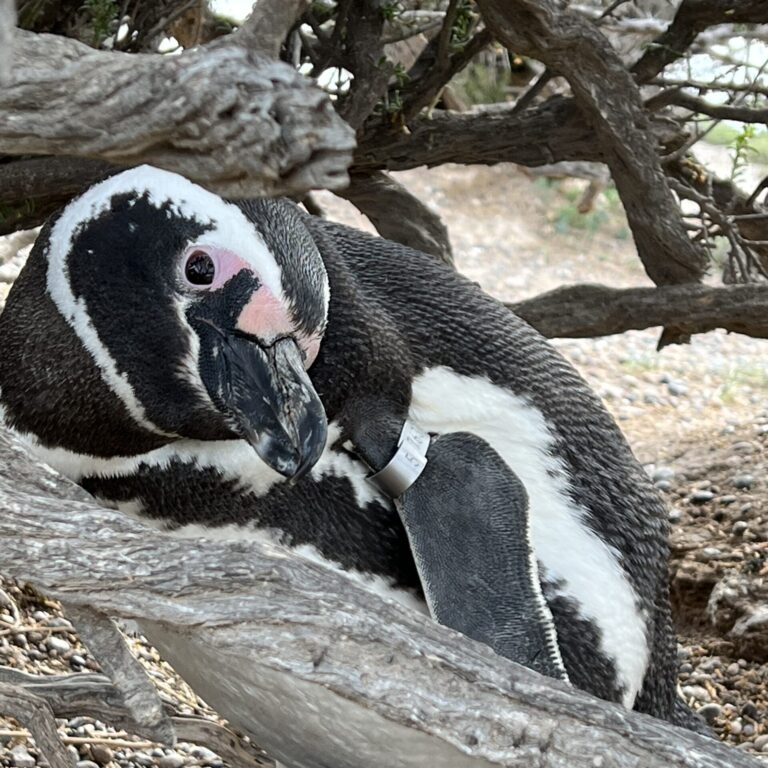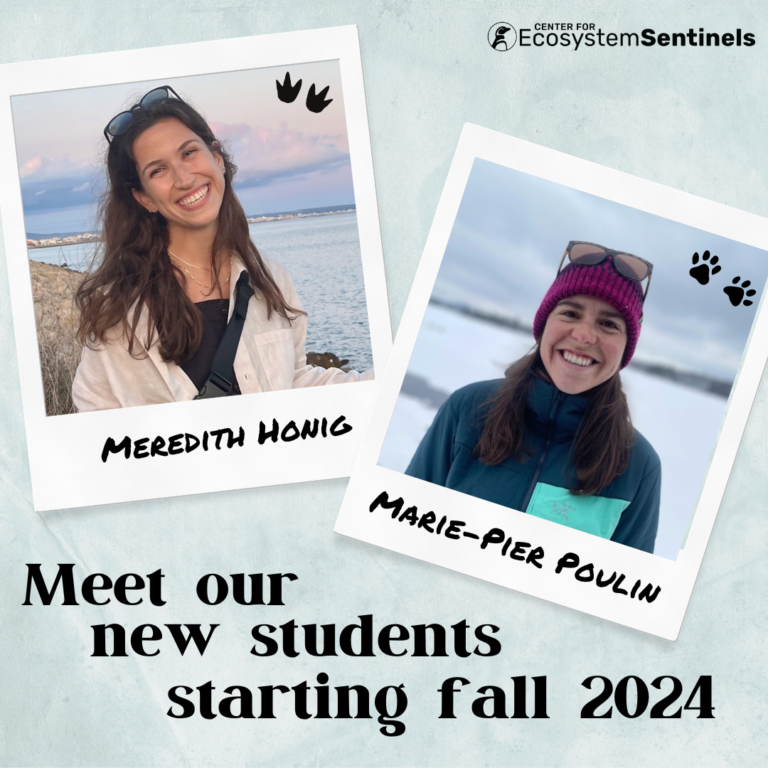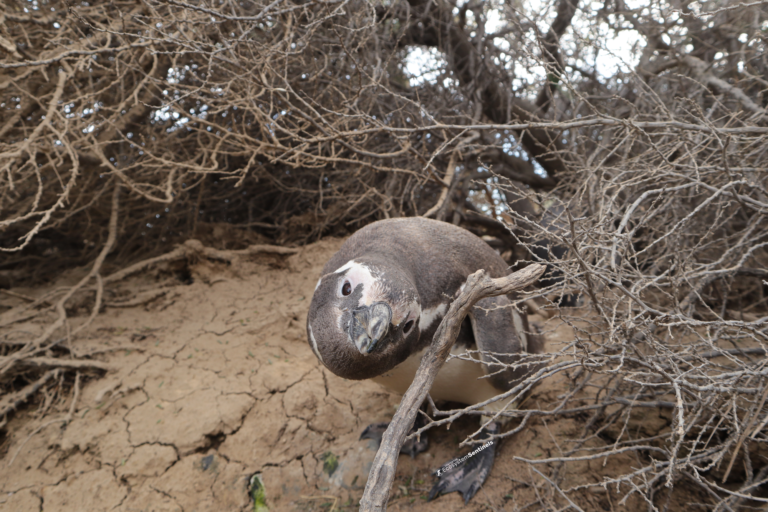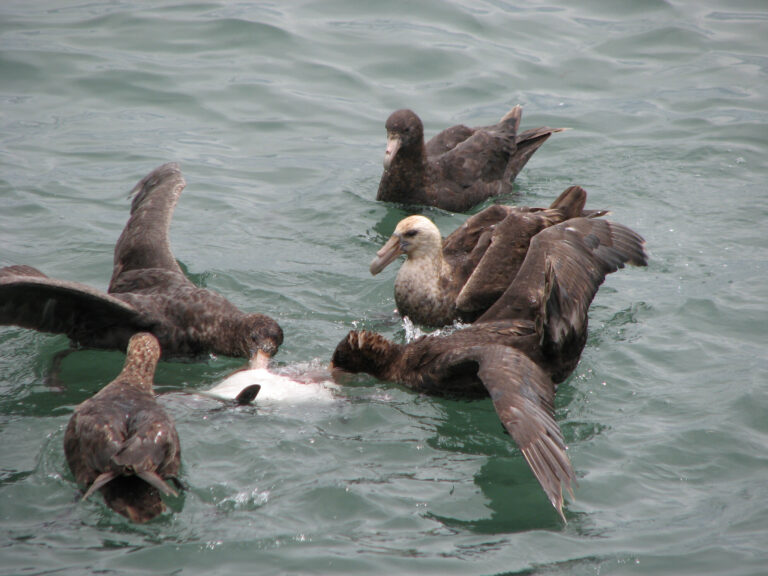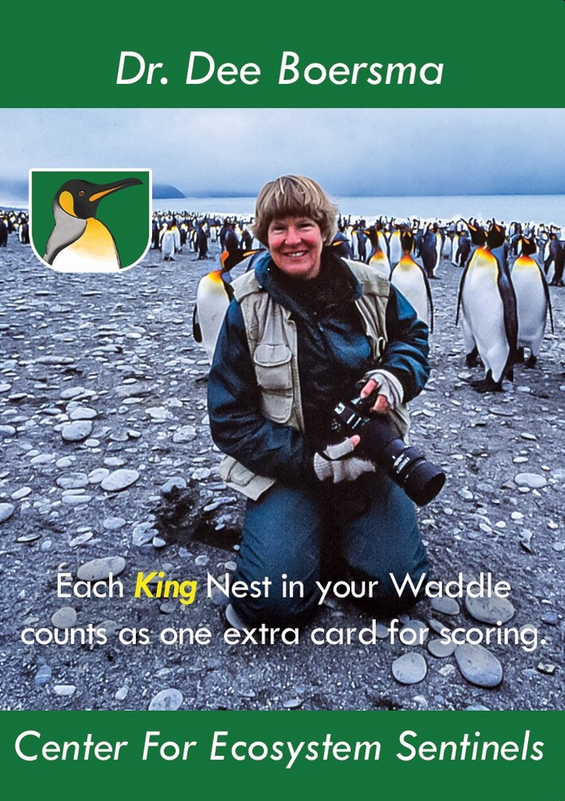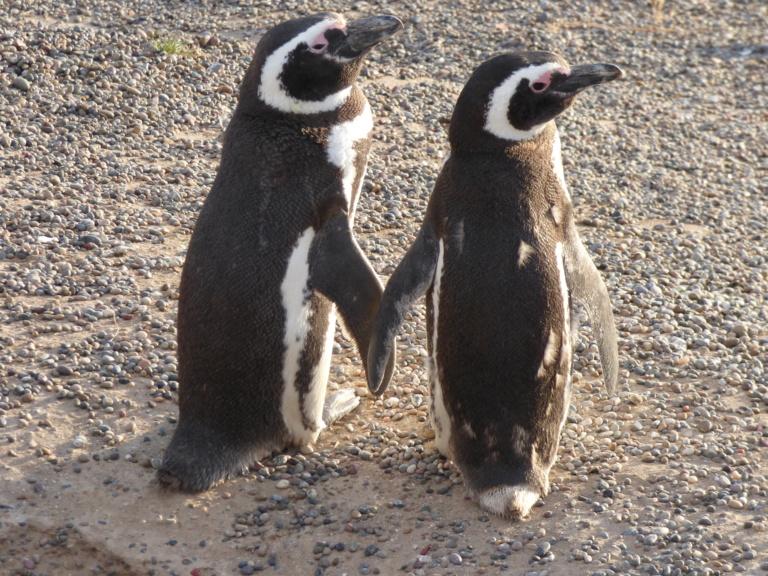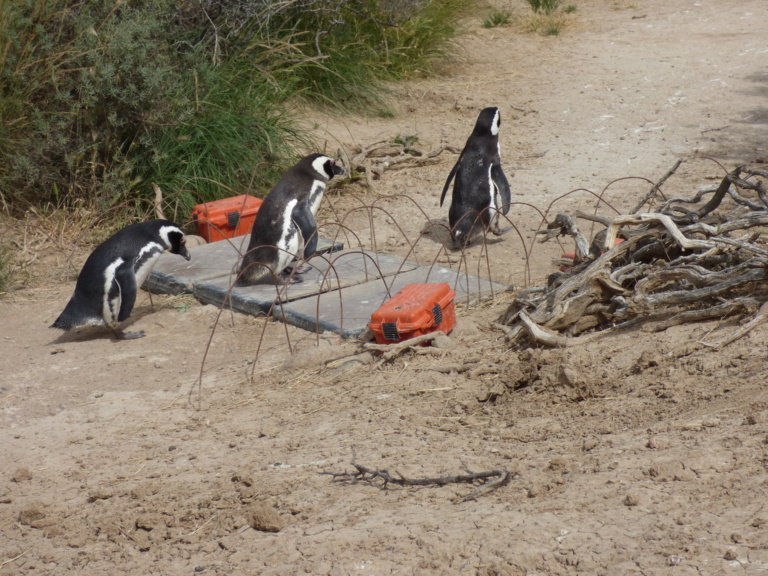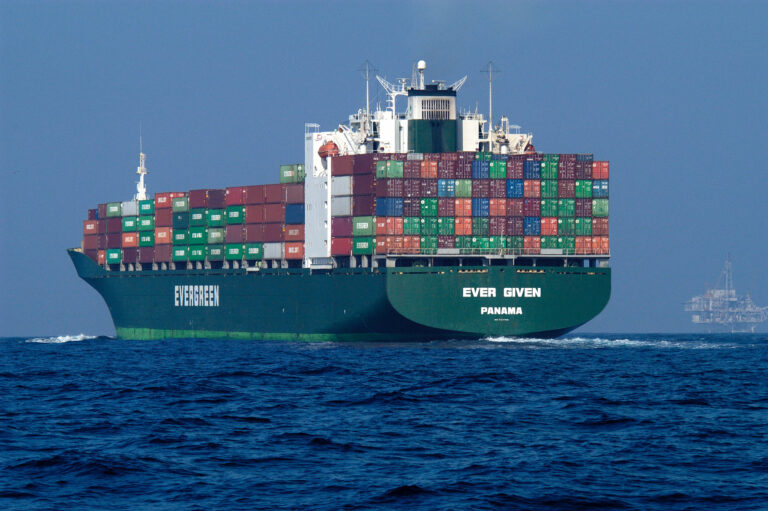Field updates: Argentina, March 2025
Written by Dr. Eric Wagner Thanks once again to generous support from Zoo Augsburg, research scientist Dr. Eric Wagner and computer specialist Pearl Wellington traveled to Punta Tombo in early March for a couple of weeks to mark the end of the breeding season. Eric and Pearl went to deploy twenty geolocating time-depth recorder (GLD) tags to female and male […]
Field updates: Argentina, March 2025 Read More »
